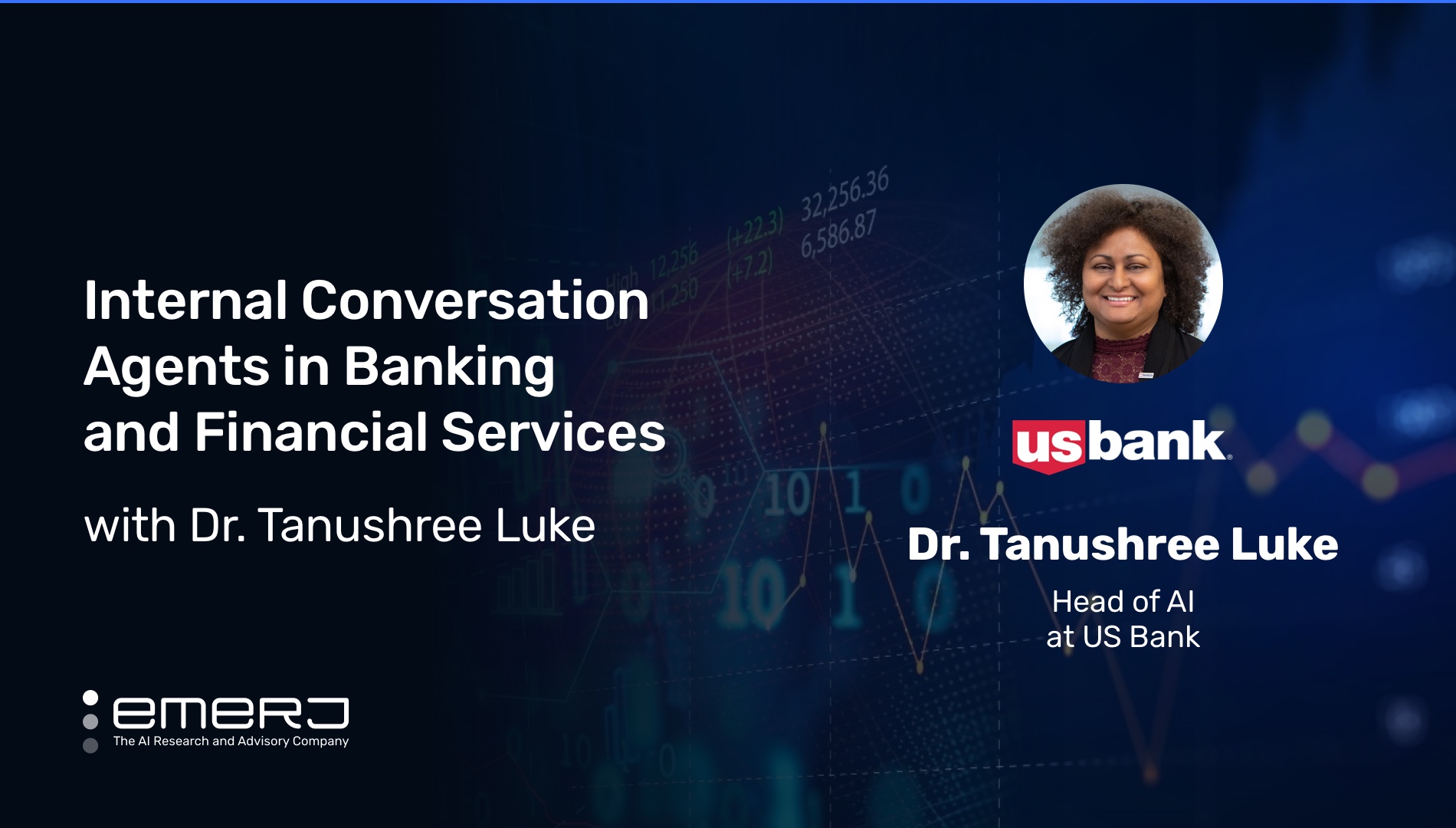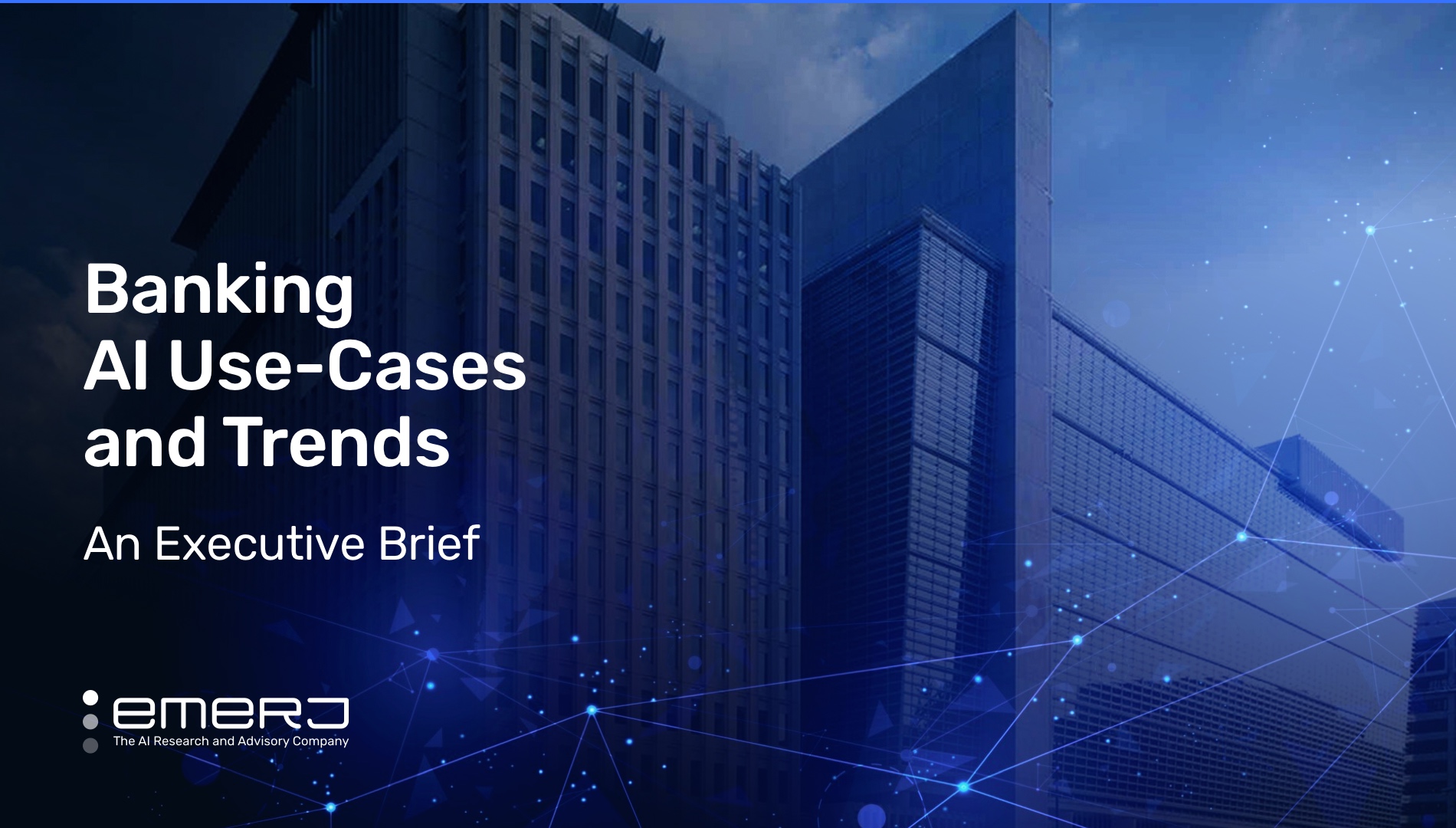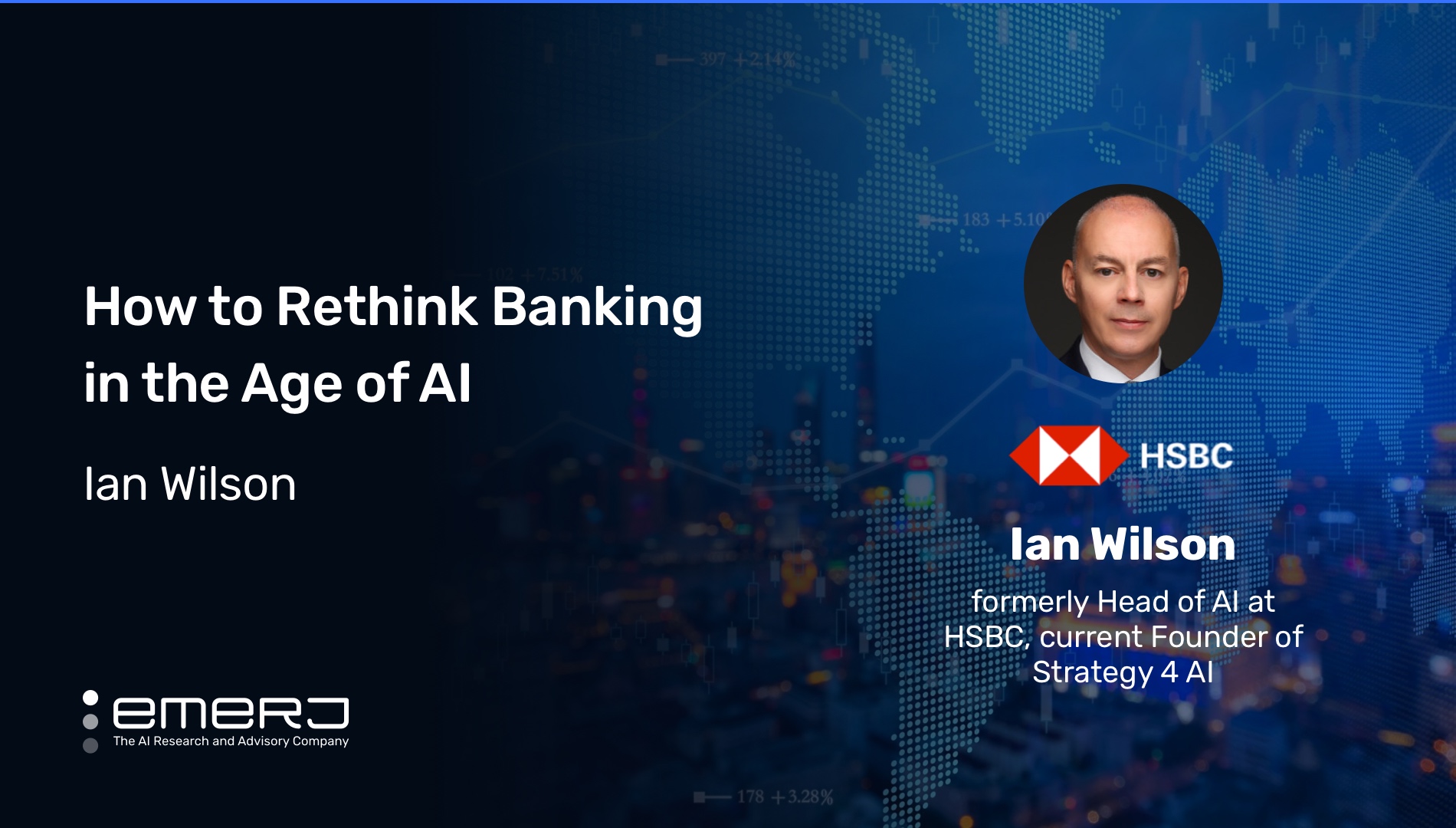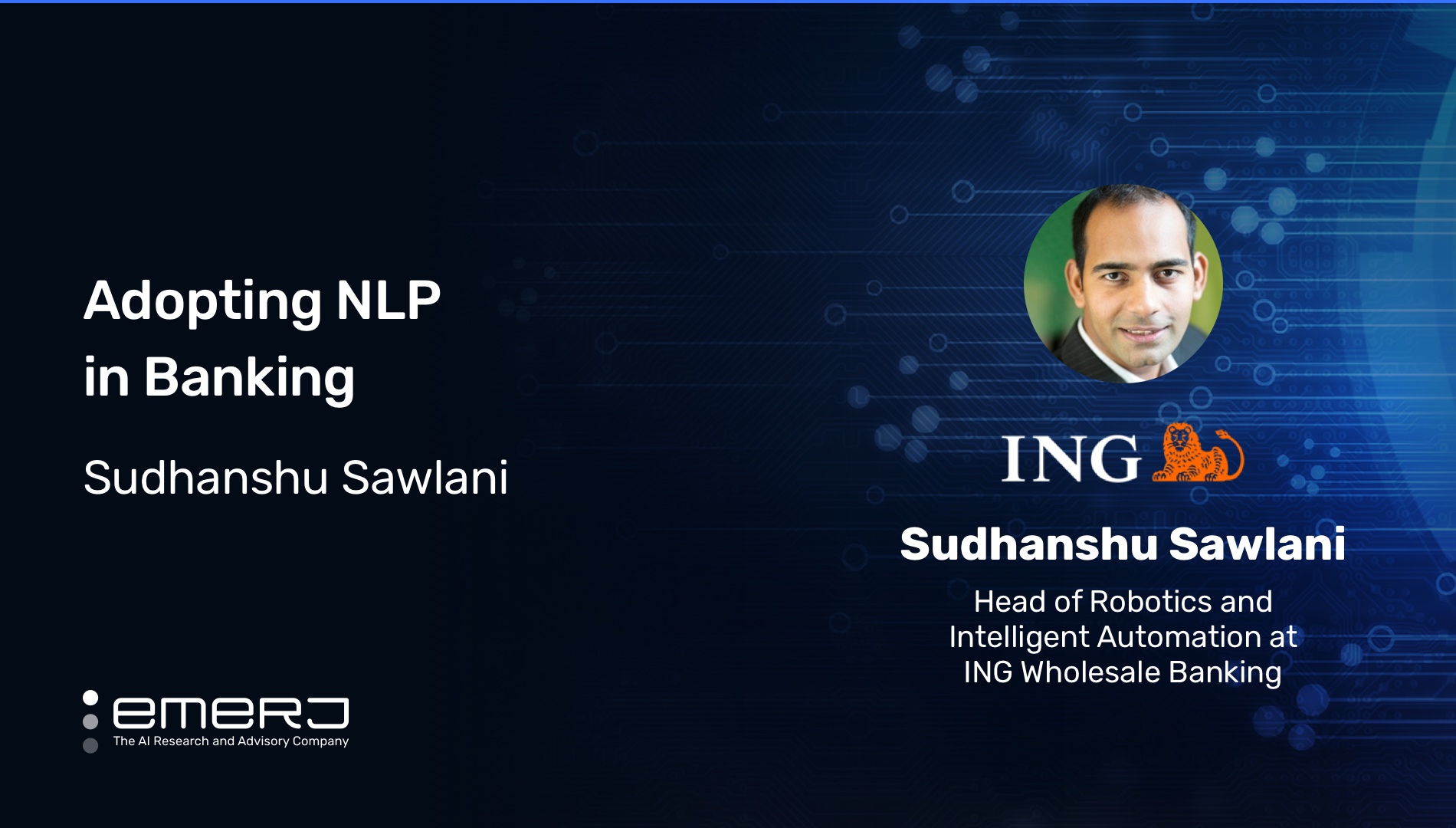Banks vs Fintechs: The Battle for Customer Experience – with Lee Smallwood of Citibank, Hivemind
Following nearly a decade of rampant cybersecurity events and subsequent negative press, successful AI use cases in fraud detection and data security are catching the collective eyes of investors and boardrooms across fintech. There are signals that demand for cyber security solutions might be currently peaking as the FBI recently reported an increase in online security complaints of only slightly over 300,000 from 2019 to 2020.
And in the wake of mass technological adoption lies a promising startup market that only underscores how banks and traditional financial institutions must demonstrate agility, rigor, and patience in understanding these advances and their benefits. If the old guard wants to compete, they must accept that they’re losing the battle over customer experience and focus instead on sectors that speak to their institutional advantages.
At the time of his appearance on the ‘AI in Business’ podcast earlier this year, Lee Smallwood served as COO of Markets and Securities Services at Citibank. Throughout his conversation with Emerj CEO Daniel Faggella, Lee examines where banks and traditional financial institutions have advantages that can only be enacted with an organization-wide approach to AI fluency and education.
This article will examine two steps that Lee tells Emerj institutional banks must take to compete with the startup market:
- Build enterprise AI fluency quickly: Learning the language of data must be a priority for leadership. From the bottom up, HR and junior staff need funnels and formats in place for efficiently attracting and onboarding AI talent.
- Leverage the advantages of existing customers and data: The problems of existing customers are more apparent to institutions they have close relationships with already and have data to back it all up — new startups have neither.
Listen to the full episode below:
Editor’s Note: Since the time of our interview, Lee has departed Citibank to serve as COO of Hivemind.
Guest: Lee Smallwood, COO for North American Markets at Citigroup Inc.
Expertise: Digital assets, G10 rates, securities services, and eCommmerce.
Brief Recognition: Before leading operations for Citi’s North American markets, Smallwood co-founded Gradible, a fintech startup focused on student loans. Even before managing G10 exchange rates and working in digital assets at Citi after Gradible was purchased by CommonBond Inc. in 2016, Smallwood spent a rates trader with Citi just after graduating from the London School of Economics. Since this podcast was recorded, Smallwood departed Citi to become managing partner and COO of Hivemind Capital Partners – following his colleague, former Citi executive and Hivemind founder, Matt Zhang.
Build Enterprise AI Fluency Quickly
Even without machine learning, startups will continue to “peel off” banking functions and turn them into successful businesses by prioritizing customer experiences. If banks want to stay competitive, using the language of data must be a communications and education priority from top-to-bottom.
Data fluency in leadership means acquisitions are better informed by knowledge of evolving markets and employees know they have management buy-in for complex proposals. Moreover, data fluency among leadership signals to the rest of the company that fluency should be a priority.
That fluency may not necessarily mean CEOs who can code, but definitely means a board with a finger on the pulse of the startup community — and not just for future partnerships and acquisitions, but for potential hires. The real challenge, according to Smallwood, is instilling junior-level employees and teams with data fluency.
Where banks are not only competitive with startups, but other banks and large tech firms like Google and Amazon, there must be funnels, formats, and methodologies for allocating the necessary talent across an organization. Adding to these challenges, there is no one area of the business where AI fluency should be emphasized in hiring and talent.
“It’s a tough answer, but it really is all of them,” he tells Emerj CEO Daniel Faggella when pressed to narrow down a single focus for where to level up talent. If employees and junior teams are better versed in data and AI than leadership, projects won’t be able to get the buy-in from the C-suite and outside competition will gain the advantage.
Yet the most important focus, Smallwood explains, to instill throughout company culture — from partnerships to training — is a constant search for the institutional advantages only banks can leverage over startups. He tells Emerj that:
“Banks [and] steel have huge advantages in terms of their size in terms of the global reach and customer base in terms of their reputation. And so I think coupling that with more of a focus on AI and electronification, in general, I think can put these kinds of companies in a really good standing going into the future.”
Lee Smallwood, COO at Citibank
Leverage the Advantages of Existing Customers and Data
Customer relationships represent a natural advantage for banks over startups, and one reinforced by banks’ historic and institutional databases. According to Smallwood, Turning that existing customer base into a successful AI use case will likely begin with a large asset management class.
It is tremendously difficult for early companies to be able to even court the attention of pension funds or high net-worth individuals enough to understand their problems. Given the data banks have cultivated with these customers, they can probably understand their problems better than they do.
And when their bank calls, these customers are all the more ready to pick up the phone and have a direct conversation about those problems – something they won’t do for a startup. From there, says Smallwood, banks should be naturally discerning and focus on the customer problem before its immediate application to AI, clarifying a simple three-step process:
- Access the customer
- Understand their problems
- Find a solution, using AI only if necessary
Smallwood emphasizes the importance of the second step: “AI is a tremendously valuable tool, but I think you start with the problem and then see if AI is the appropriate way of solving rather than starting with that assumption.” As a rule, historical and institutional data is often “dirty” which also should naturally lead banks to be skeptical about the immediate application of AI to any problem.







